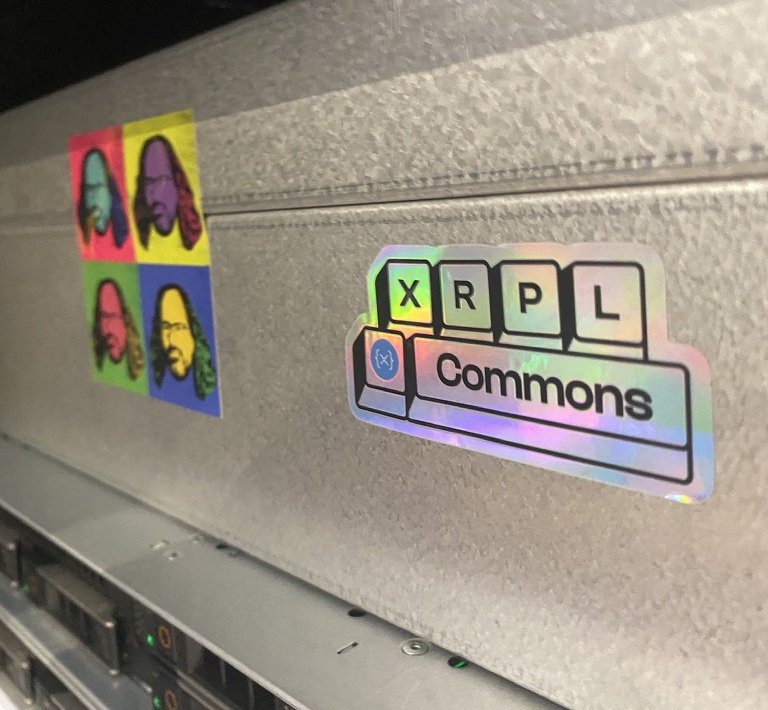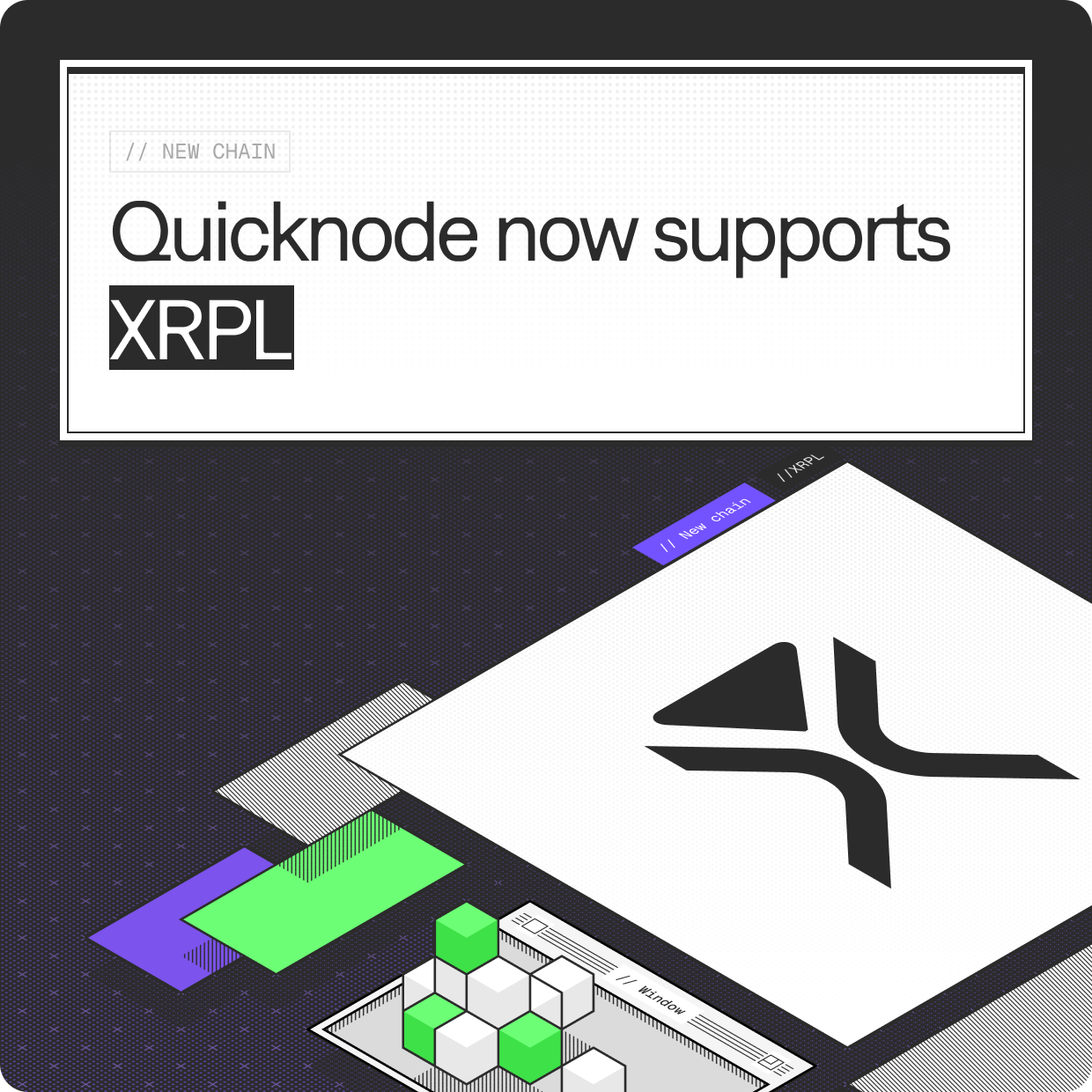What does your role entail as Head of Research at RippleX?
My role involves identifying and prioritizing research initiatives that align with Ripple’s vision to position the XRPL as a leading blockchain for institutional DeFi. We aim to foster a culture of innovation and experimentation, exploring emerging technologies and academic partnerships - striving to make XRPL the platform of choice for modern financial systems.
We work closely with other teams to translate research into practical solutions. An example would be XRPL's Automated Market Maker (AMM), a critical feature for institutional adoption. Following extensive research, we successfully developed a unique AMM design incorporating differentiating features such as Continuous Auction Mechanism and seamless integration with the CLOB DEX. Post-launch, the team continues to refine and improve the features through iterative development and to collaborate with UBRI partners for theoretical and data-driven insights.
Our R&D efforts combine technical know-how and persistent experimentation with cross-functional implementation efforts to translate research insights into practical solutions, ensuring that the ledger continues to serve evolving customer needs.
What are the key objectives and hot topics for 2025 for RippleX’s efforts in research? The RippleX (RX) team, a business group within Ripple, is dedicated to the continuous evolution of the XRPL by experimenting and iterative development to ensure the ledger is positioned for success. RX research complements this effort with a longer-term and game-changer perspective. While we focus on long-term impact, we also prioritize delivering tangible results and making steady progress toward our vision.
Looking ahead, scalability, interoperability, privacy and compliance, and customization will be critical factors for institutional adoption of DeFi. To address these challenges, we are investing in cutting-edge cryptographic techniques such as zero-knowledge proofs (ZKPs), fully homomorphic encryption (FHE), and multi-party computation (MPC). We’ve assembled specialists with deep expertise in cryptography and distributed systems design, ensuring consistent progress in these critical areas.
In 2025, we will explore ZK-SNARK technology adoption to XRPL in a scalable way. Given that such advanced technology was not even available when XRPL was originally built, our primary goal will be to focus on building foundations to support ZK technology on the XRPL. However, we recognize that there are several challenges in terms of maturity, performance, operational costs, and user experience. We will thus adopt a phased approach; initially focus on mature and proven techniques and develop strategic plans to scale beyond. This will allow us to democratize the development of advanced ZK applications with the broader community.
I also believe that AI, particularly the Large Language Models (LLMs), can significantly enhance UX on XRPL. By leveraging AI, we can develop more intuitive, personalized, and user-friendly interfaces, automate tasks, and improve security through advanced fraud and anomaly detection techniques. We are actively exploring collaborations with UBRI and other partners to advance AI research and its application to XRPL.
How do you manage research at Ripple? What is the process for going from idea to lab to product?
The RX research team plays an important role in contributing to the future direction of XRPL - ensuring scientific rigor in developing technical insights and innovative solutions and partnering with the key stakeholders to build products & services that meet evolving customer needs.
Our R&D process follows a structured, multi-step approach. First is problem identification and hypothesis generation, involving internal brainstorming with relevant stakeholders, community inputs, and market analysis, i.e. looking at industry trends and emerging technologies. Then comes the feasibility assessment by formalizing a strong hypothesis and testing it through theoretical research, proof-of-concept implementation, performance benchmarking, and other methods depending on the project type. The findings in this phase inform the next steps, which could be further investigation, a decision to put it on the product roadmap, revisit the project in the future, or completely abandon the idea. I strongly believe that collaboration with academics and researchers at the forefront of innovation is crucial to our success, so we leverage the expertise of our UBRI partners to supplement and accelerate our research efforts.
Ultimately it’s an iterative process of building incrementally, ensuring that our research efforts have a tangible impact on the XRPL community and the wider blockchain industry.
Are there any ZKP initiatives planned for the XRPL?
Zero-knowledge (ZK) technology - with its properties of verifiability, privacy, and succinctness - is one of the most promising, versatile cryptographic tools bound to shape blockchain communities. Most blockchains face inherent trade-offs between the key properties of distributed ledger Technologies i.e., scalability, decentralization, and security. In my opinion, ZK technology offers promising solutions that enable blockchains to achieve a balance between all three properties. We already see several blockchains adopting this technology to address specific limitations around scalability, decentralization and security. Moreover, ZK's ability to balance privacy and compliance makes it all the more attractive.
At RX, we are assessing ZK’s feasibility for the XRPL. Our hypothesis is that we can harness this technology to XRPL’s advantages in a scalable way without compromising its core value propositions, which are speed, low cost, and reliability.
We've made significant strides in exploring ZK technology for XRPL. Our research includes a ZK-powered Light client protocol design to ensure secure and efficient access to the XRPL network for devices with limited resources. We have also designed the ZK bridge for trustless X-chain communication that builds on top of the ZK Light client protocol inspired by a recent academic paper by Dan Boneh, et al. Additionally, we've explored the potential of ZK-rollups, prototyping one for XRPL’s payment transactions.
Through extensive research and experimentation, we've gained valuable insights into the performance and limitations of various ZK frameworks, informing our roadmap and transitioning from proof-of-concept to production-ready solutions. We will soon share details with the community for feedback and call for active contributions from researchers and developers. Stay tuned!
What do you see as the most exciting new features of the XRP Ledger?
ZK Technology, and features that enable sustainable, utility-driven use cases, bridging the gap between traditional finance and XRP Ledger, particularly for institutional clients.
Our RX roadmap with features like Verifiable Credentials, Permissioned Domains, and MPTs, collectively form a robust foundation for a wide range of compliant applications. The Lending protocol feature adds another crucial capability for building financial applications. The upcoming native programmability feature will further empower developers to customize and extend the capabilities of XRPL easily and at a faster pace.
I’m particularly excited about the potential of ZK technology to revolutionize the XRPL. This will enhance privacy, security, and scalability, opening up new possibilities for innovative applications.
What unique value do underrepresented communities—such as people of color, women, and LGBTQ+ perspectives—bring to shaping the future of the XRP Ledger community, and how can we encourage our community to create space for these essential voices?
I believe underrepresented communities bring a wealth of diverse perspectives that are crucial for the successful design and adoption of any technology, including the XRPL. Different backgrounds and experiences are critical to innovative problem-solving, ensuring that the products and services we design are more accessible, inclusive, and user-friendly. For instance, a diverse team can identify and address potential biases and ethical implications in the design and implementation of XRPL, ensuring responsible and equitable development and adoption.
We organize inclusive XRPL events such as Apex, UBRI Connect, and Community Hackathons and offer resources such as the XRPL Learning Portal for everyone to have equal opportunity to learn and access blockchain technology. We are mindful to adopt unbiased practices in our sponsorship and grant programs. I believe these efforts together help us create a more welcoming environment, harness the full potential of our community, and drive the future of XRPL for all.
About Aanchal Malhotra
Aanchal is the Head of Research at Ripple, leading initiatives to introduce native DeFi features on XRPL. With expertise in cryptographic primitives like Multi-party computation and Zero-Knowledge SNARKs, she has spent nearly five years advancing XRPL’s scalability, privacy, and interoperability. Aanchal also serves on the Board of Directors for the Travel Rule Information Sharing Alliance (TRISA), promoting secure and compliant digital asset exchanges. She holds a PhD in Computer Science from Boston University.















